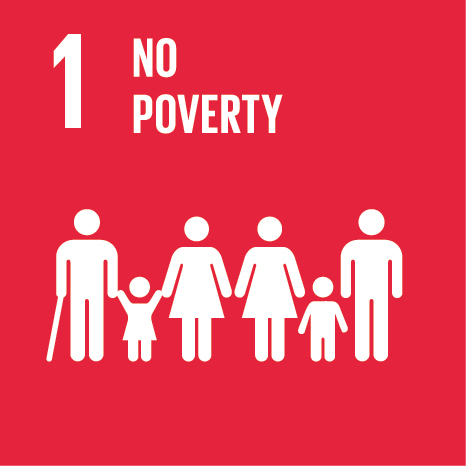Ciência_Iscte
Publications
Publication Detailed Description
Exploring unobserved household living conditions in multilevel choice modeling: an application to contraceptive adoption by Indian women
Journal Title
PLoS One
Year (definitive publication)
2018
Language
English
Country
United States of America
More Information
Web of Science®
Scopus
Google Scholar
This publication is not indexed in Overton
Abstract
This research analyzes the effect of the poverty-wealth dimension on contraceptive adoption by Indian women when no direct measures of income/expenditures are available to use as covariates. The index-Household Living Conditions (HLC)-is based on household assets and dwelling characteristics and is computed by an item response model simultaneously with the choice model in a new single-step approach. That is, the HLC indicator is treated as a latent covariate measured by a set of items, it depends on a set of concomitant variables, and explains contraceptive choices in a probit regression. Additionally, the model accounts for complex survey design and sample weights in a multilevel framework. Regarding our case study on contraceptive adoption by Indian women, results show that women with better household living conditions tend to adopt contraception more often than their counterparts. This effect is significant after controlling other factors such as education, caste, and religion. The external validation of the indicator shows that it can also be used at aggregate levels of analysis (e.g., county or state) whenever no other indicators of household living conditions are available.
Acknowledgements
--
Keywords
Fields of Science and Technology Classification
- Other Natural Sciences - Natural Sciences
Funding Records
| Funding Reference | Funding Entity |
|---|---|
| PTDC/CS-DEM/108033/2008 | Fundação para a Ciência e a Tecnologia |
| UID/SOC/03126/2013 | Fundação para a Ciência e a Tecnologia |
| UID/GES/00315/2013 | Fundação para a Ciência e a Tecnologia |
Contributions to the Sustainable Development Goals of the United Nations
With the objective to increase the research activity directed towards the achievement of the United Nations 2030 Sustainable Development Goals, the possibility of associating scientific publications with the Sustainable Development Goals is now available in Ciência_Iscte. These are the Sustainable Development Goals identified by the author(s) for this publication. For more detailed information on the Sustainable Development Goals, click here.

 Português
Português




